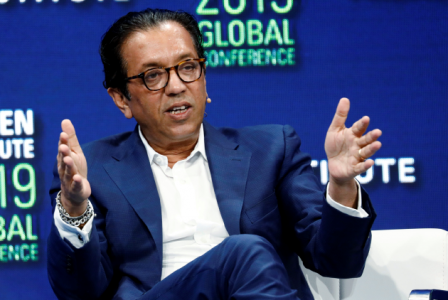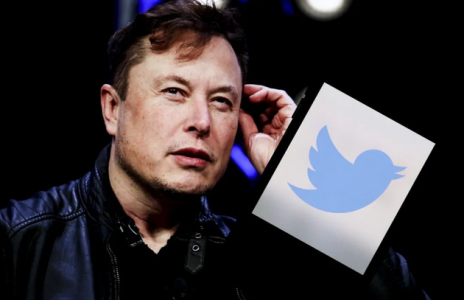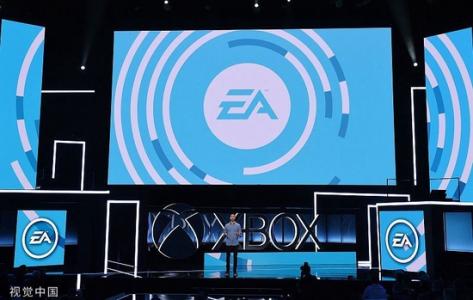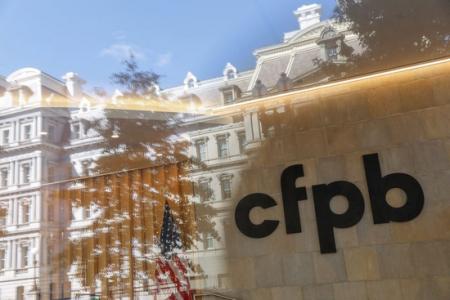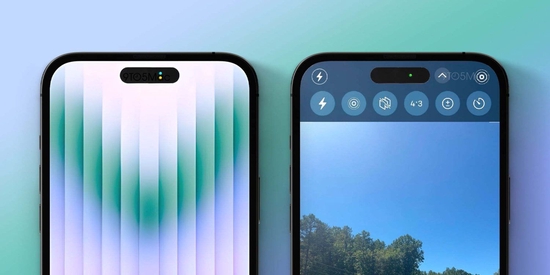your current location is:Home > TechnologyHomeTechnology
The latest development of Qualcomm's iPhone chip antitrust case: EU waives 1 billion euro fine

the European Union has abandoned the 1 billion euro fine imposed on Qualcomm. A previous appeals court ruled that in an antitrust case against Qualcomm's iPhone baseband chips, fines and trials were abnormal and there were procedural irregularities.
In 2018, the European Commission said that from 2011 to 2016, Qualcomm illegally sidelined competitors in a deal with Apple. Under the agreement, Apple will continue to use Qualcomm's LTE baseband chips for the next five years. The European Commission fined Qualcomm 997 million euros ($991 million) for its actions based on antitrust rules.
Qualcomm later appealed the fine. In June 2022, the court ruled that there was insufficient evidence to show that Apple or the entire market was harmed by Qualcomm's agreement with Apple, and stopped the previous penalties.
On Monday, it was reported that the European Court of Justice, the second-highest court in Europe, criticized the European Commission's handling of the case. Qualcomm's appeal noted that in the initial hearing, Qualcomm's defense rights were affected by procedural violations.
"A number of procedural irregularities have affected Qualcomm's defense and invalidated the European Commission's analysis of Qualcomm's conduct," the judges said.
In 2011, Qualcomm and Apple reached an exclusive agreement to cooperate on baseband chips in the iPhone, and in 2013 extended the agreement again until the end of 2016. At the time, the EU found that other chipmakers that were Qualcomm's competitors were "deprived of the possibility of effectively competing for important business with Apple, regardless of the quality of their products."
Before the fine was made, internal documents obtained by the European Union showed that Apple had "seriously considered" changing suppliers of some baseband chips long before the iPhone 7 part of the choice was Intel's baseband chips. The European Commission said the pay-to-exclusivity agreement signed by Qualcomm proved to be a factor in Apple not switching suppliers.
Recently, Apple and Qualcomm just wrapped up a battleground in an ongoing legal battle in the United States. In June 2022, the U.S. Supreme Court announced that it refused to hear Apple's motion to invalidate two of Qualcomm's patents. The companies previously settled in 2019, with the court finding that Apple "lacks a position to pursue the case."
related articles
Article Comments (0)
- This article has not received comments yet, hurry up and grab the first frame~






